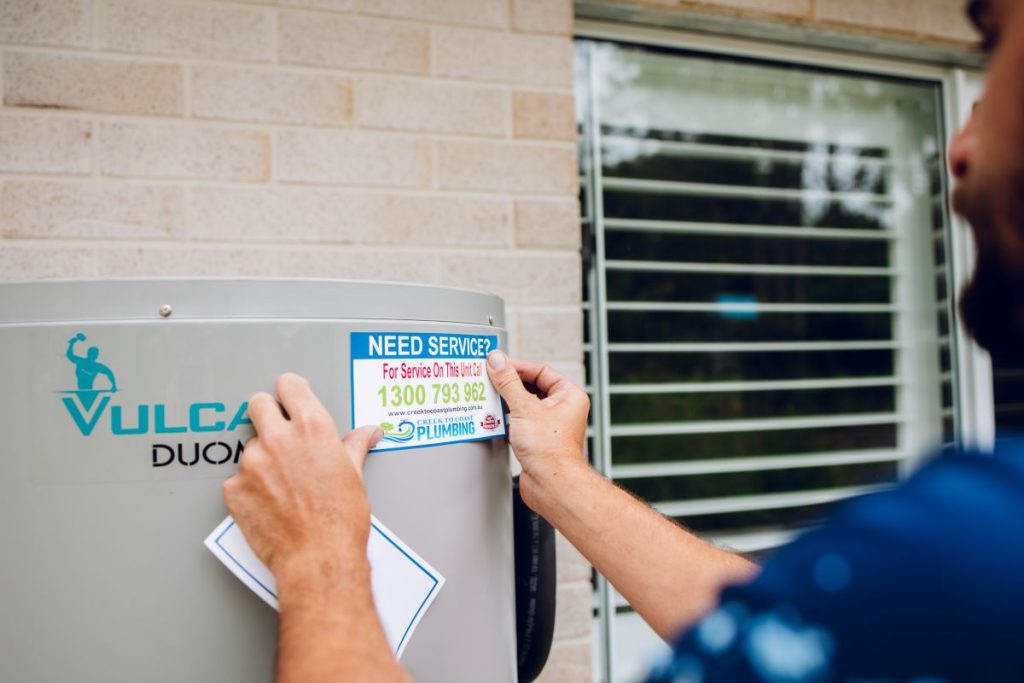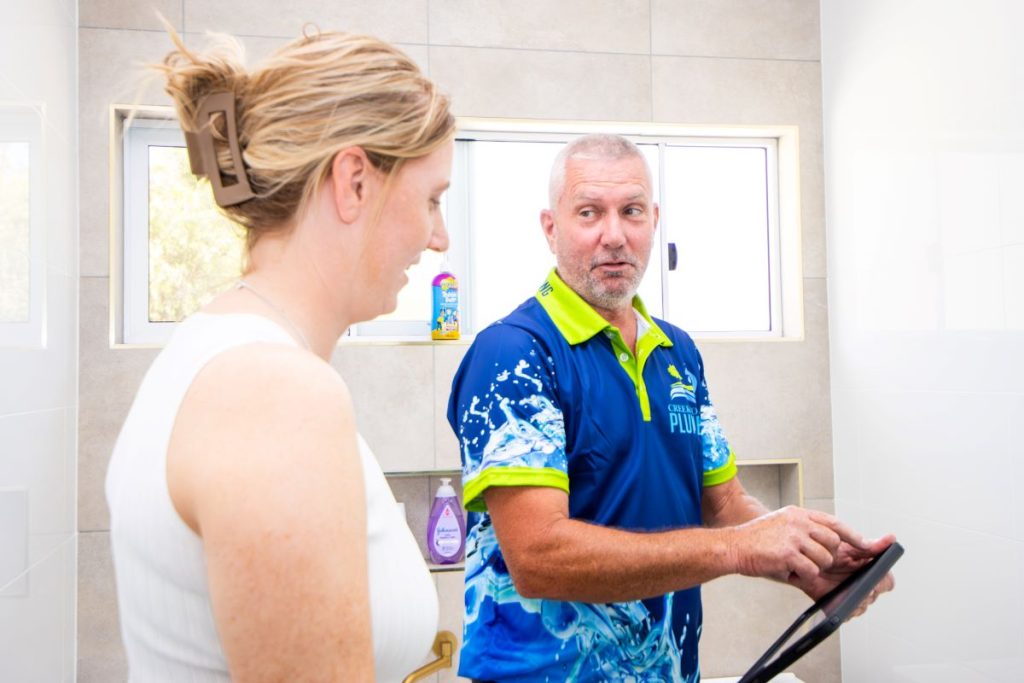Hot water systems work tirelessly behind the scenes, providing you with the essential hot water whenever you need it. However, like all household appliances, these systems have a limited operational lifespan. Understanding the signs that indicate your system may need replacing is crucial to avoiding unexpected situations, such as experiencing cold showers, facing potential water damage, and incurring expensive emergency repairs that could disrupt your daily routine and overall comfort. By being proactive, you can ensure a seamless hot water experience in your home.
What is the average lifespan of hot water systems? The longevity of these systems can differ significantly based on the type of unit you possess and the level of maintenance it receives. By conducting regular inspections and providing proper care, you can greatly extend the lifespan of your hot water system, ensuring it operates efficiently and consistently, ultimately enhancing your comfort and satisfaction with its performance.
Let us delve into the specifics to gain a clearer understanding of what to expect from your hot water system.

Explore the Lifespan and Maintenance Requirements of Different Hot Water Systems
Here’s what you can generally expect regarding the lifespan and performance of the most common hot water systems found in Queensland homes:
Electric Storage Hot Water Systems
- Lifespan: 8–12 years
- Reasons for Failure: Common issues include internal corrosion, deteriorating anode rods, and sediment buildup, all of which can severely hinder performance and efficiency over time.
- Signs to Monitor: Keep a vigilant eye out for rusty or discolored water, leaks near the base of the unit, or slower heating times, as these may indicate underlying issues that require immediate professional attention.
Gas Storage Hot Water Systems
- Lifespan: 8–12 years
- Reasons for Failure: While these systems face similar issues as electric models, they can sometimes fail sooner, especially when exposed to salty coastal air, which accelerates deterioration.
- Signs to Monitor: Stay alert for pilot light problems, decreasing water temperatures, or unexpectedly high gas bills, which can indicate inefficiency and potential failures that need addressing.
Instant Gas Hot Water Systems (Continuous Flow)
- Lifespan: 10–15 years
- Reasons for Longevity: These systems operate without a storage tank, significantly reducing the risk of corrosion that can lead to failures over time, making them a reliable choice for many households.
- Signs to Monitor: Be observant for inconsistent water temperatures, ignition failures, or a noticeable decrease in water flow rate, as these may indicate a need for professional service and maintenance.
Electric Instant Hot Water Systems
- Lifespan: 10–15 years
- Common Issues: Failures often arise from malfunctioning heating elements or thermostats, which can compromise the system’s performance and overall efficiency.
- Warning Signs: Be alert if your water fluctuates between hot and cold or takes longer than usual to heat up, as these can indicate underlying problems that require prompt attention.
Heat Pump Hot Water Systems
- Lifespan: 10–15 years
- Efficiency: These systems are known for their high energy efficiency; however, their performance can be sensitive to the climate and installation location, affecting overall effectiveness.
- Signs of Trouble: Indications that your heat pump may be underperforming include louder than normal operation, prolonged heating cycles, or an increase in energy bills, suggesting a need for inspection and potential servicing.
Solar Hot Water Systems
- Lifespan: 15–20+ years for solar panels, 8–12 years for the storage tank
- Note: Typically, the storage tanks wear out faster than the solar collectors, which can negatively impact overall system performance and efficiency.
- Signs to Monitor: Remain vigilant if water fails to heat on cloudy days or if you notice rusty water or issues with booster operations, as these may indicate a need for maintenance and repair.

Recognize the Critical Warning Signs of a Failing Hot Water System
Even before reaching its expected lifespan, your hot water system may begin to show concerning warning signs that indicate it is under stress. Recognizing these signs early can be vital in preventing more severe issues down the line. These troubling signs can include:
- Fluctuating Temperatures
If your water takes longer to heat up or runs out more quickly than it used to, it may be time to investigate further for potential underlying issues that need addressing. - Rusty or Discolored Water
This often signals corrosion within the tank or a deteriorating anode rod, both of which require immediate attention to prevent further damage and ensure safe operation of the system. - Unusual Noises
Popping, gurgling, or banging sounds during the heating cycle frequently indicate sediment buildup inside the tank, which can affect overall efficiency and lead to costly repairs if left unaddressed. - Leaks or Pooling Water
Even minor drips can indicate that your tank may be cracking or that the valves are beginning to fail, necessitating prompt inspection and possible replacement to prevent further issues. - Higher Energy Bills
An ageing unit often struggles to produce the same amount of hot water effectively, forcing it to work harder and resulting in increased energy costs that can significantly impact your household budget.
Understanding the Impact of Seasonal Changes on Hot Water System Efficiency
In Queensland, the shift from warm to cooler months can present significant challenges for older hot water systems. As outdoor temperatures drop, these systems must exert more effort to maintain the desired water temperature. Systems approaching the end of their lifespan may experience complete failure during this critical time, leading to inconvenience and discomfort for you and your family.
Recognizing When It’s Time to Replace Your Hot Water System
If your system displays any of the following characteristics, it may be time to consider a replacement:
- Over 10 years old
- Frequently experiencing breakdowns that disrupt your daily routine
- Failing to consistently meet your household’s hot water demands
- Exhibiting visible signs of wear or corrosion that require attention
Recognizing these indicators could signal the right moment for an upgrade that ensures reliability and efficiency.
At Creek to Coast Plumbing, we don’t simply replace your unit; we also assess various factors such as your family size, water usage habits, energy preferences, and the layout of your property. This comprehensive evaluation allows us to recommend the most efficient and cost-effective hot water system tailored to your specific needs and lifestyle.

Guidelines for Selecting the Perfect Hot Water System for Your Home
Based on your unique needs and household requirements, our expert team may suggest:
- Electric or Gas Storage systems for their reliability and cost-effectiveness, making them suitable for traditional homes with regular hot water demands.
- Continuous Flow (Instant) systems ideal for smaller homes or households with lower hot water consumption, providing convenience without excessive energy usage.
- Heat Pumps that offer substantial energy savings, particularly beneficial in warmer climates and for environmentally conscious consumers seeking eco-friendly options.
- Solar Hot Water systems designed for long-term cost savings and environmental sustainability, promoting a greener lifestyle through the use of renewable energy sources.
Additionally, we assess whether the current location of your hot water system is optimal or if relocating it could enhance performance and overall efficiency, ensuring that you make the most informed decision for your home.
Capitalize on the Opportunity for a Hot Water System Upgrade
Replacing your hot water system at the right time is not solely about preventing system failure; it also presents an opportunity to upgrade to a more reliable, energy-efficient model that aligns better with your lifestyle and needs, ultimately leading to long-term savings on your energy bills.
If your unit is showing signs of ageing or if you are uncertain about which system is optimal for your home, the licensed plumbers at Creek to Coast Plumbing are here to provide you with expert guidance tailored to your specific situation, helping you make an informed decision that best meets your household requirements.
The Article: Hot Water System Lifespan: A Guide for Queensland Homes first appeared on https://writebuff.com
The Article Hot Water System Lifespan Guide for Queensland Homes Was Found On https://limitsofstrategy.com
The Article Hot Water System Lifespan for Queensland Homes Explained First Appeared ON
: https://ad4sc.com
No responses yet